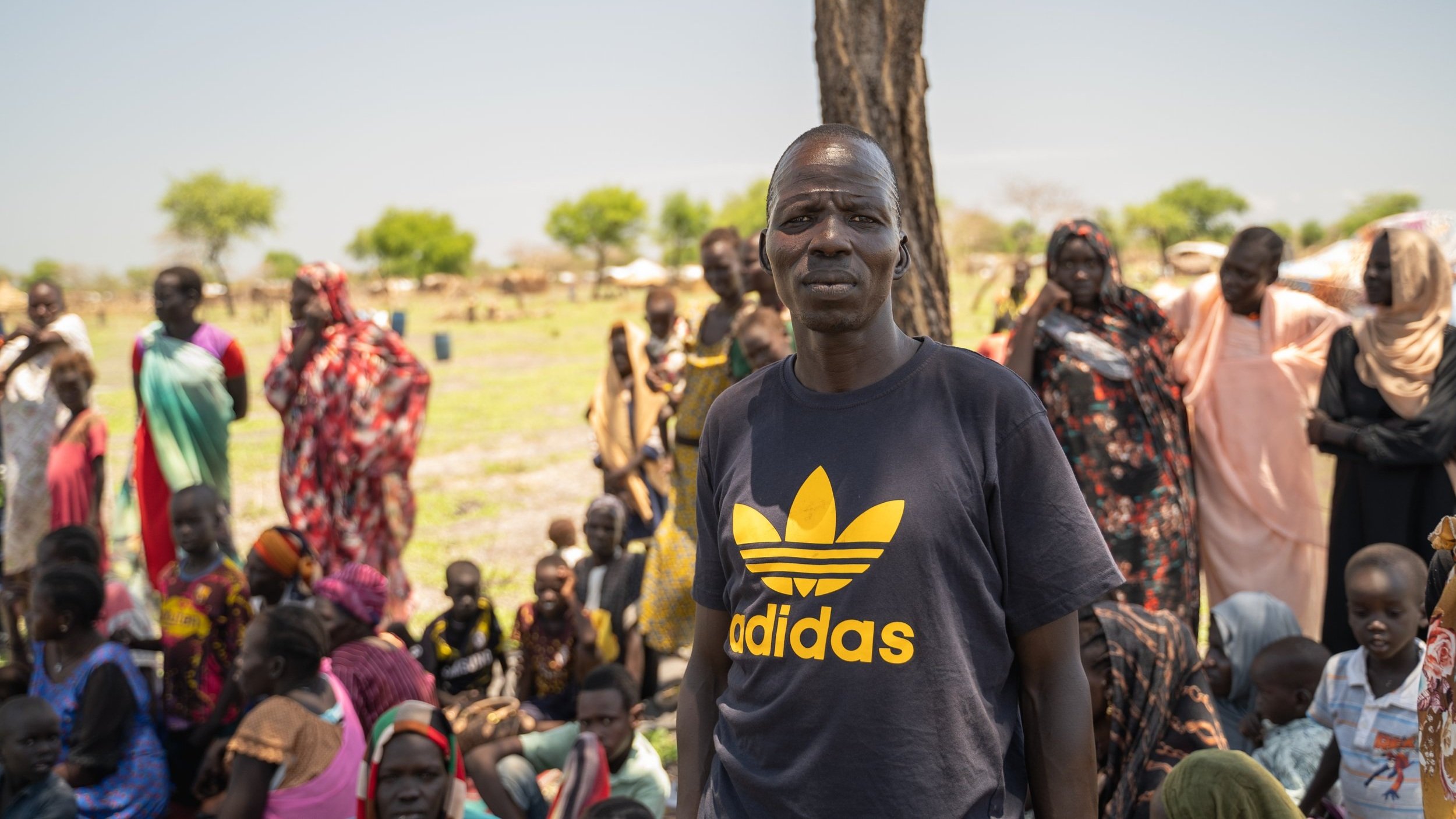Elevating communication and engagement in Sudan’s growing humanitarian crisis: priority actions for decision-makers and practitioners
More than 100 days into the fighting in Sudan, the conflict has caused tremendous suffering for affected people and intensified humanitarian needs in an already insecure context. More than three million people have fled their homes and are now displaced within Sudan and across neighbouring countries. Affected people are facing severe food insecurity, lack of services and skyrocketing rates of gender-based violence, with the most vulnerable people being left behind in areas that are increasingly dangerous.
Communication, community engagement and accountability (CCEA) serve as a lifeline for conflict-affected people, empowering them to make critical decisions that impact their safety, well-being and livelihoods. Effective CCEA is vital for people to connect with one another and with service providers, and offers a form of aid in a context where physical access is restricted. Simply put, communication is aid – and a right of affected people.
In the face of severe funding gaps that are challenging the capacity of humanitarian actors to respond to increasing needs, CDAC Network and in-country CCEA leadership call for all CCEA decision-makers and practitioners to mobilise around four priority areas, outlined in this interagency brief.
رفع مستوى التواصل و المشاركة في الأزمة الإنسانية المتفاقمة في السودان
READ MORE



